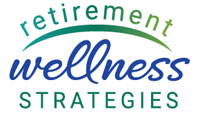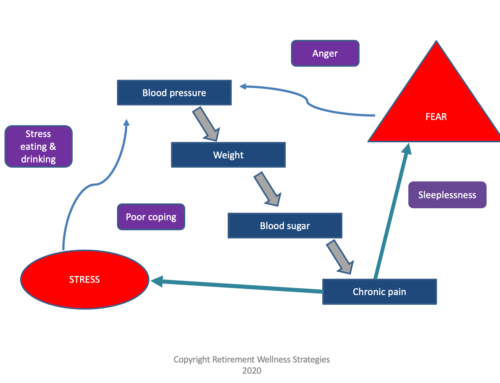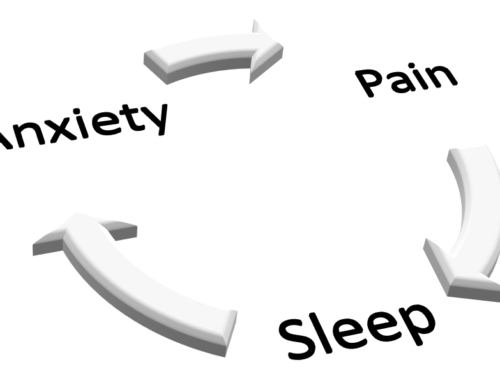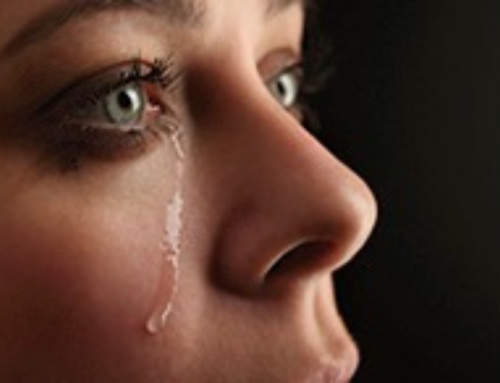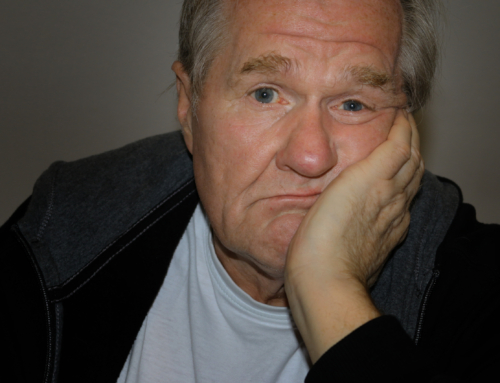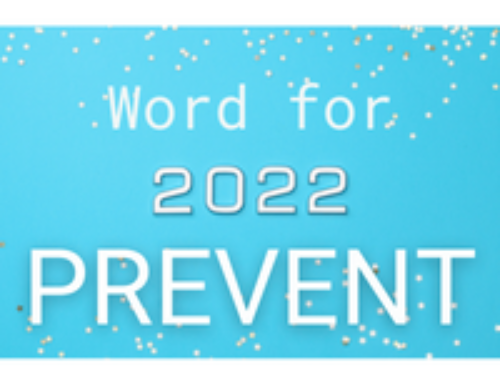
Stairs are one example where distraction, transition, and repair greatly increase risk of falls.
If you read my blogs, you know how passionate I am about cutting down on the falls that occur daily. We often think it’s the ‘older’ and the ‘frailer’ people that fall. We each look at the group at least 10 years older than us and point to them. Even the 101 year olds are pointing a finger at those older. (Yes, I am picturing a very specific example right now).
The past few months I have seen too many examples that tell a different story. Falls happen easily. They occur when you least expect it sometimes. Anyone can fall! Falls occur at any age. Just, at some point, we don’t bounce like we used to. A combination of slowed response time, decreased flexibility, decreased agility, and slowed response by your heart when your blood pressure dips upon standing, and changes in the inner ear/balance system all contribute. Medications can also play a very big role in making it easier for someone to fall.
Even the number one golfer in the world fell this week. It was one silly mistake of rushing downstairs in socks. He missed a major golf competition as a result. It is unknown for how long he will be out with his injuries.
But three of the factors that were major contributors to the recent falls I’ve heard about are:
- Transition – those times when you move from one place to another
- Distraction – doing a normal task, usually in a hurry
- Repair – right after a joint replacement or other surgery on the legs or feet
Let’s break these down and take a deeper dive into each.
Transition
Transitions from home to hospital, from hospital to a rehabilitation facility, from hospital to nursing home, etc. are prime times for falls. We typically aren’t feeling our best during a transition like that. We are often nervous or anxious during a transition. Everything around you is different – the room, where things are located, even how to get to the bathroom.
The ‘newness’ and the emotions of a change increase falls risk. The unfamiliar surroundings increase falls risk. And, the fact you typically aren’t feeling your best during one of these transitions increases your falls risk.
So, be extra careful when getting out of bed or walking around the time of a transition.
Distraction
When was the last time you were walking without really paying attention and you stumbled or fell? It happens so easily! If you’re in a hurry, it’s even more likely to happen. Another risk is if you are carrying something that blocks the view of your feet or where you’re going. A small clump of grass, a rug, or even a small door jam can be enough to send you to the floor. They are each a distraction and a source of trouble.
As a kid we could walk and talk and goof around and pay no attention to where we were going. If we tripped on something, we’d usually recover before falling. Even if we fell, we were rarely hurt and could jump back up and laugh it off. We don’t bounce like that anymore.
Take care to watch where you are walking, limit what you carry, take your time when you are walking. One distracted hurry out the door and down the steps to return something to your car can change your life forever. A friend is experiencing that now. She was just taking a dish back to her car before a carry-in meal.
Repair
Any pain anywhere in your body that changes how you walk can put you at risk of a fall. If that pain is in your foot, ankle, leg, or back you are at an even bigger risk. That pain causes you to walk differently. You then have to be much more conscious of exactly how you are getting from place to place. That pain is a distraction in itself.
Shortly after a knee or hip replacement or any kind of foot surgery the risk of falls is highest. In those first few days, even getting to the bathroom can be risky. You have the acute pain of the surgery (the incision site) and the pain of the joint or foot that make walking difficult. Also, you are still learning to use the impacted limb in a new way that helps you best tolerate the pain.
Moral to the Story
Please take falls seriously. Take your time and look where you are going. Pay attention to stairs, uneven surfaces, rugs, rocks, and grass clumps. One fall can really ruin your day or maybe longer.
To learn more about falls, why they are so hazardous, and many steps you can take to avoid them, please call us at Meds MASH, LLC 410-472-5078 or contact us through our website www.medsmash.com/contact.
For further application, check out my personal blog.
